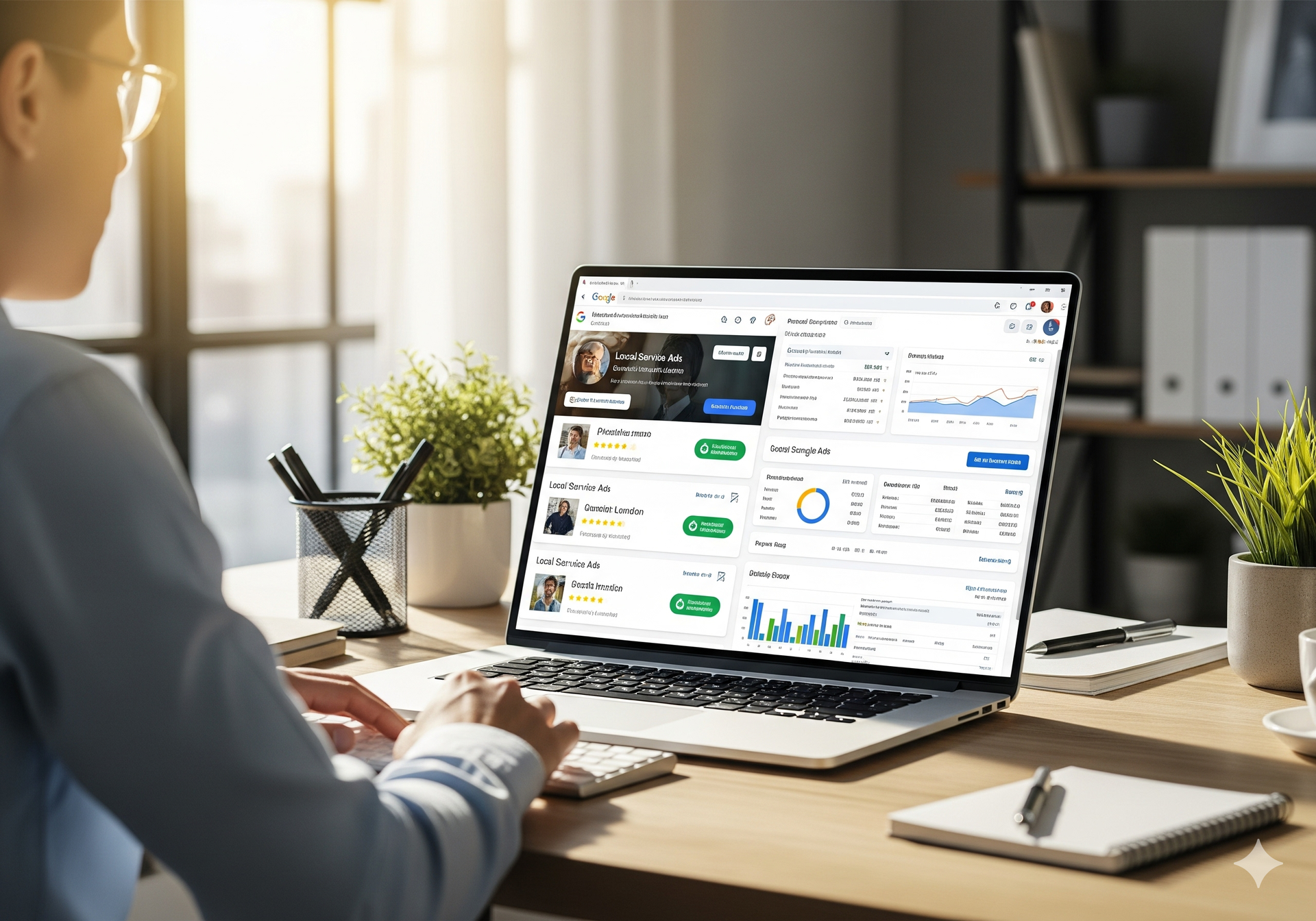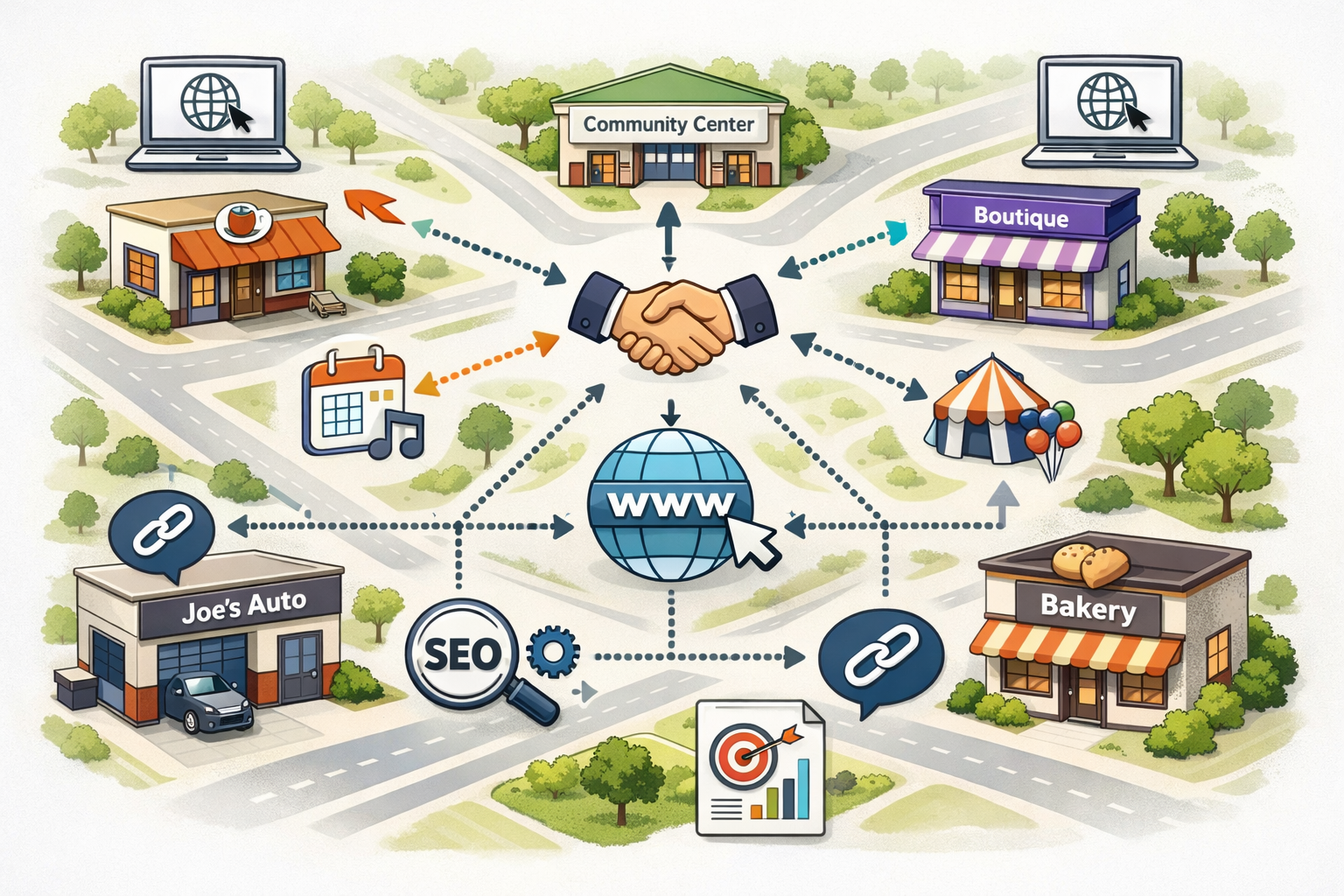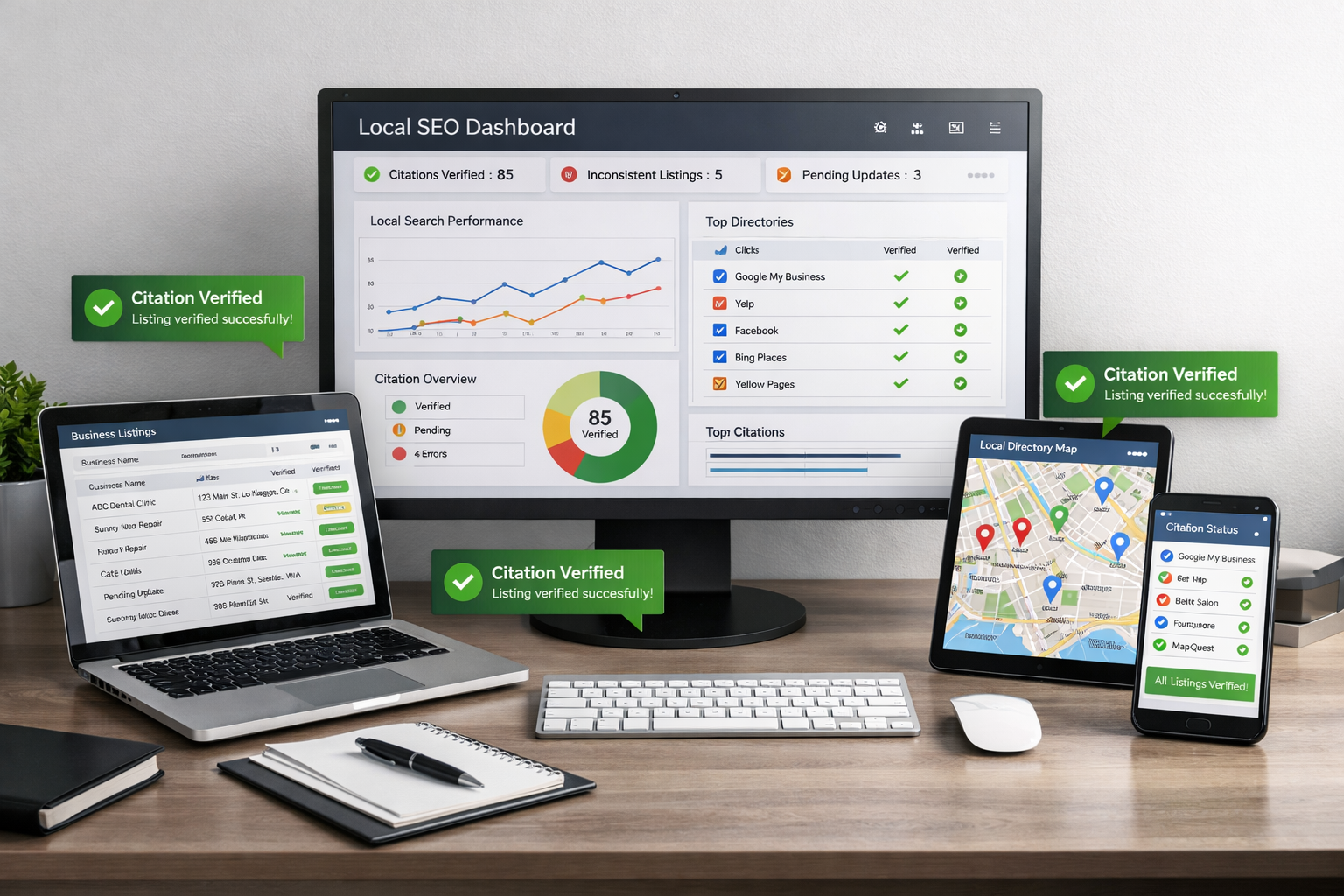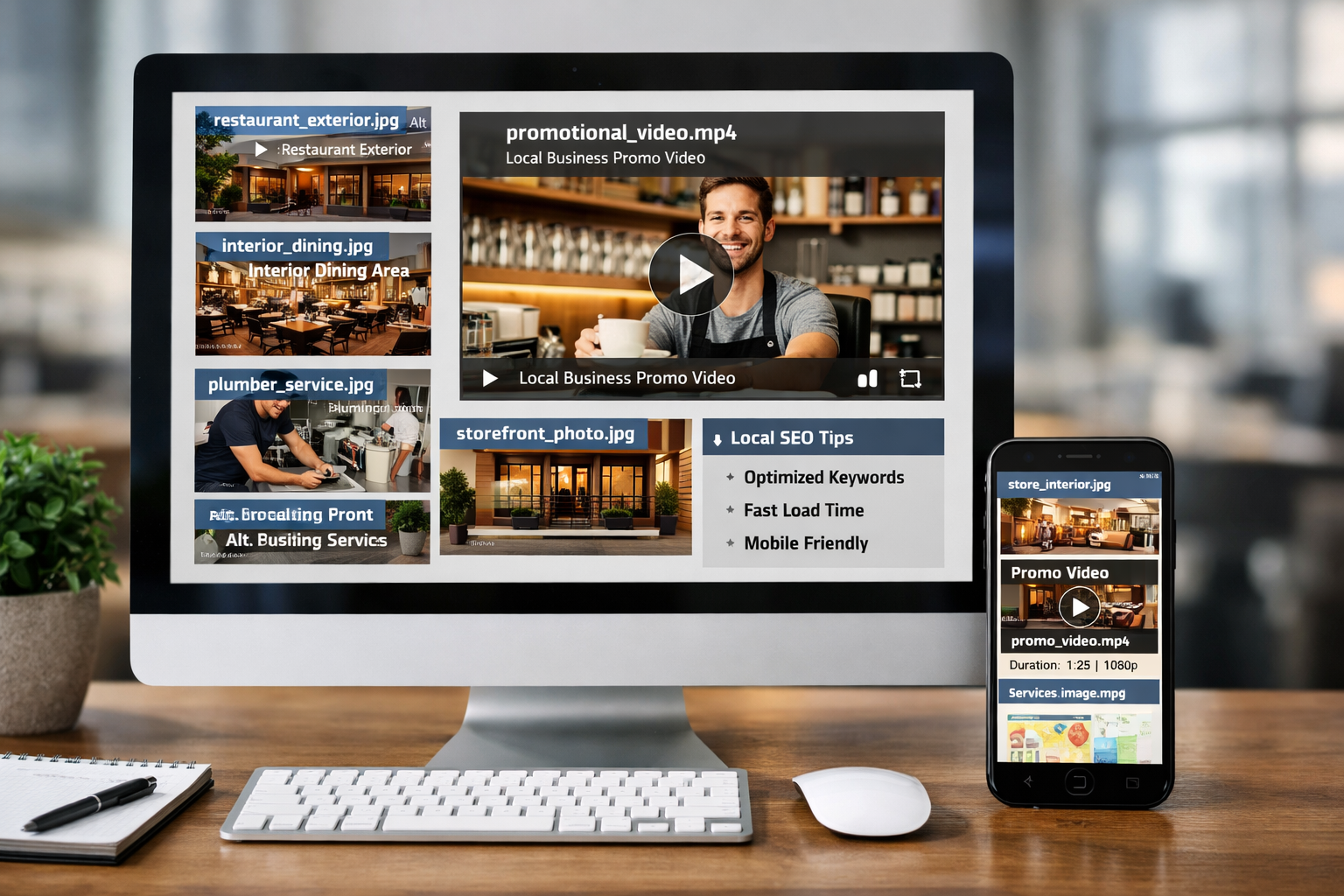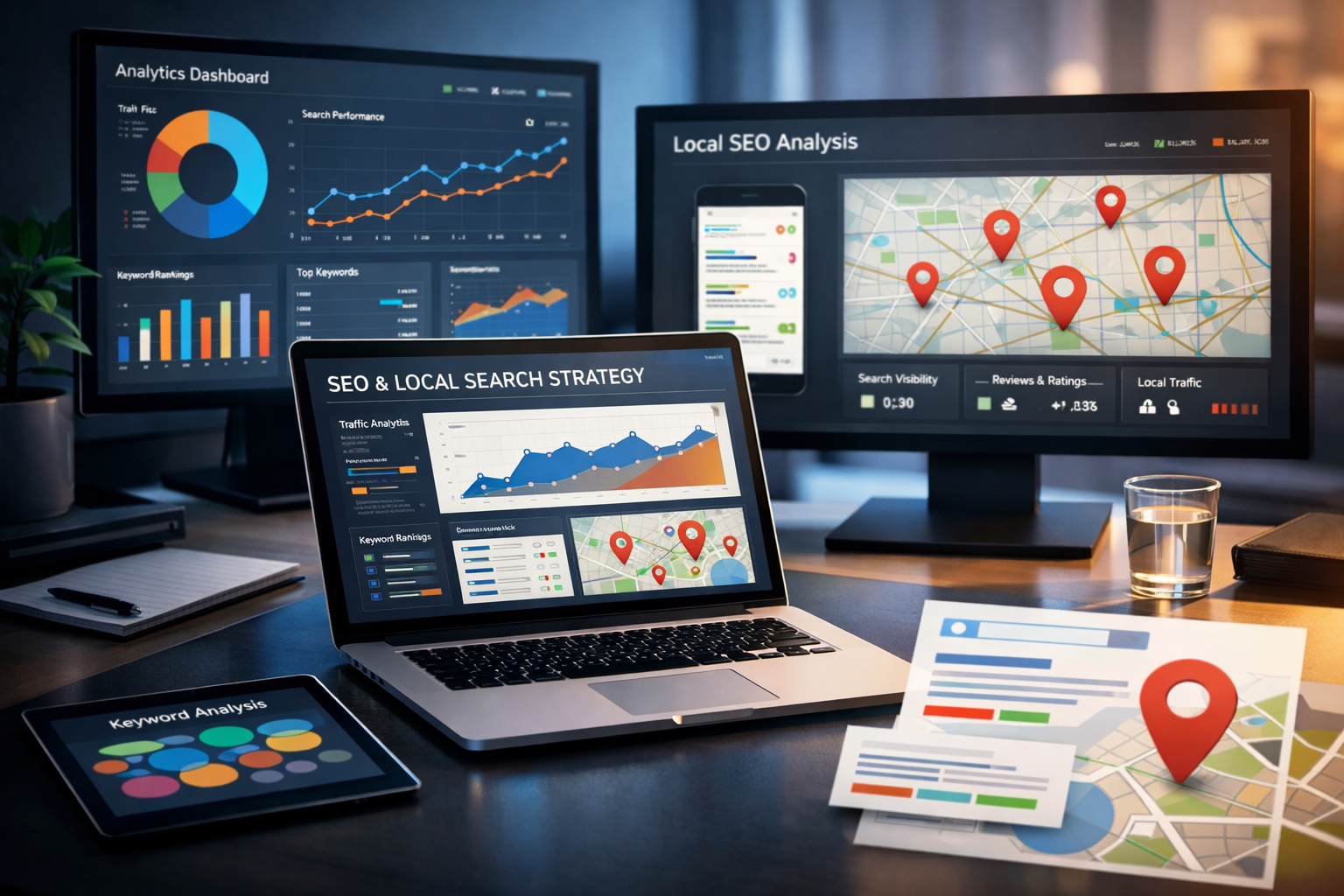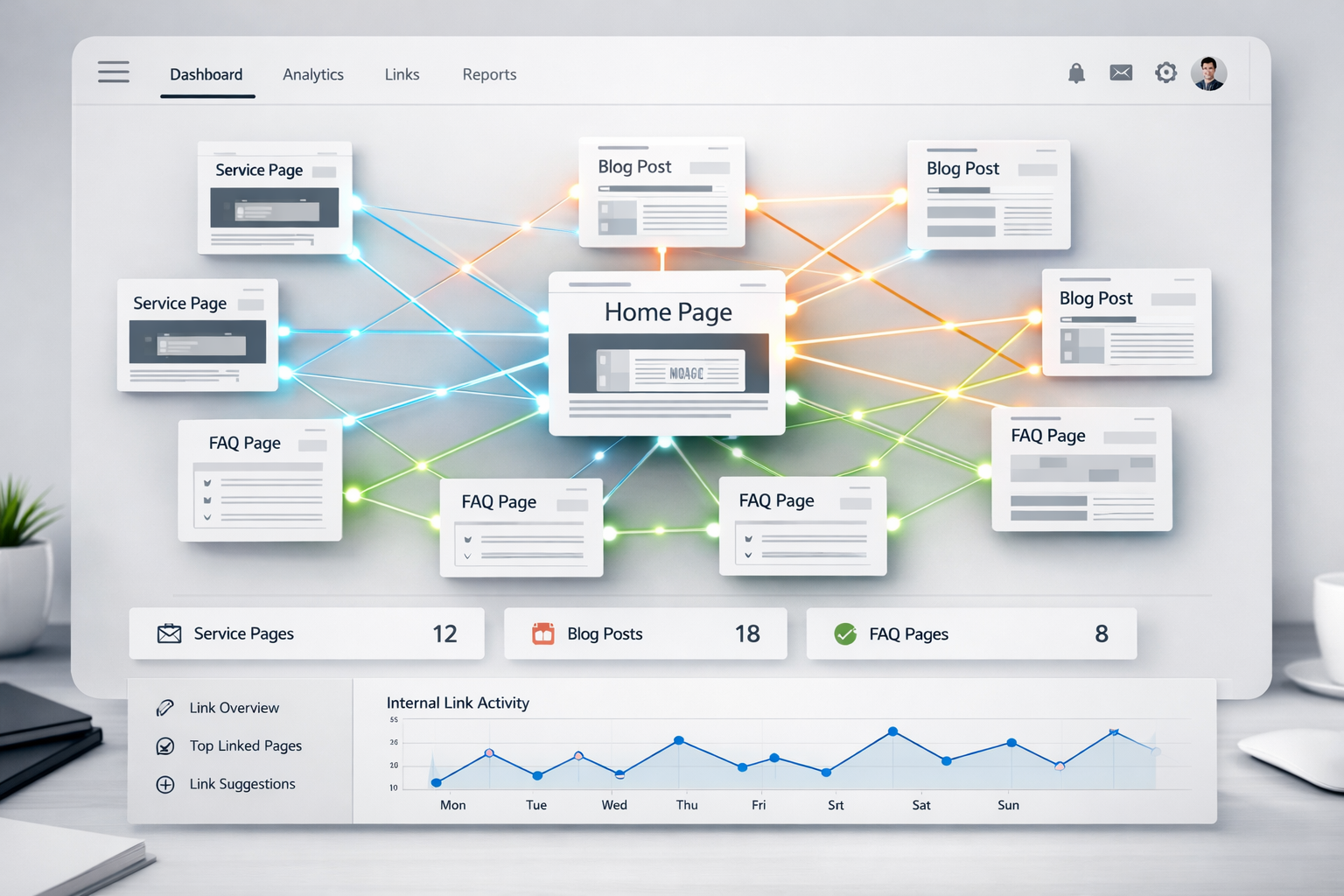How do messaging and booking features on GBP impact conversions?
Local search has evolved beyond simply appearing in Google results. For businesses leveraging Google Business Profile (GBP), the features that allow users to engage directly — such as messaging and booking — can dramatically affect whether a potential customer becomes a paying customer. While many discussions around GBP focus on rankings or review management, the real driver of conversions often comes down to interaction.
Businesses that fully utilize GBP’s engagement tools can capture leads at the exact moment a customer is considering them. This is why understanding the role of messaging and booking features is crucial for modern digital marketing strategies. Integrating these features into your SEO strategy can increase customer engagement, reduce friction in the sales funnel, and ultimately improve conversion rates.
In this post, we’ll examine the psychology, operational considerations, and practical tactics for optimizing messaging and booking on GBP. We’ll also highlight best practices to ensure your business stays competitive in local search.
The Psychology of Instant Engagement
Messaging on GBP allows users to reach out instantly, eliminating the friction of phone calls or emails. The convenience of instant communication fosters trust and reduces hesitation in a potential customer’s decision-making process. When someone is considering your business, being able to send a message immediately can make the difference between winning or losing a lead.
From a psychological perspective, instant messaging leverages several principles:
- Reciprocity: A quick response shows attentiveness, encouraging the user to engage further.
- Loss aversion: Slow response times give potential customers the chance to explore competitors.
- Commitment bias: Users who send a message have already taken a small action, making them more likely to convert.
- Reduction of uncertainty: Messaging answers questions and clarifies doubts that may prevent a booking or purchase.
Even though GBP recently removed some native messaging capabilities, businesses can still integrate chat alternatives such as SMS, WhatsApp, or website-based live chat. These tools preserve the sense of immediacy and engagement that modern consumers expect.
Booking Features Reduce Conversion Friction
Booking functionality allows customers to commit without leaving the GBP interface. By streamlining the appointment process, businesses minimize friction and make it easier for customers to take action. For many service-based businesses, this is a direct path from interest to purchase.
The benefits of integrating booking on GBP include:
- Simplified process: Fewer clicks and less navigation reduce abandonment rates.
- Professionalism: Showing available slots conveys efficiency and reliability.
- Immediate gratification: Customers appreciate being able to schedule instantly without additional steps.
- Higher conversion rates: Users are more likely to book when they can do so in the same environment where they discovered your business.
For businesses without a booking function, encouraging alternative methods like direct calls or email confirmations can still help, but the conversion rate is often lower than with a seamless booking flow.
The Evolution of GBP Features
GBP has evolved over time to include interactive features that enhance customer engagement. Messaging, for instance, was once a prominent conversion driver. However, Google removed native messaging and call history in 2024, requiring businesses to rely on external tools.
Booking features, in contrast, have remained robust and increasingly integrated. Whether through third-party scheduling platforms or Google’s own reservation system, the ability to book directly from GBP is becoming a standard expectation for consumers.
For businesses, understanding these changes is essential. Adapting to a post-messaging GBP world means leveraging external messaging systems and ensuring bookings are as seamless as possible. Companies that fail to evolve risk losing leads to competitors who offer smoother engagement experiences.
Matching Engagement Features to Business Types
Different business models derive varying benefits from messaging and booking:
- Service-oriented businesses: Salons, spas, clinics, and consultants benefit most from booking features, while messaging can clarify service options.
- Retail stores: Messaging is more critical for product inquiries, while booking may only apply to demos or consultations.
- Professional services: Messaging helps screen inquiries and schedule consultations efficiently.
- Hospitality and dining: Booking is essential, while messaging addresses customer questions like dietary requirements or reservations for special events.
By understanding which features are most valuable to your customer base, you can prioritize tools that maximize conversion and streamline operations.
Tracking Conversion Metrics
Measuring the effectiveness of messaging and booking is essential to understanding ROI. Key metrics include:
- Number of messages initiated and answered
- Response speed and engagement quality
- Message-to-booking conversion rates
- Total bookings completed
- Click-throughs to booking pages
- Drop-off points during the booking process
- Revenue generated from bookings
Since GBP no longer supports native message logs, businesses must rely on third-party analytics or CRM integrations to track conversations and conversions accurately. Measuring engagement from start to finish allows businesses to refine their processes and identify where friction occurs.
Operational Best Practices
Proper execution of messaging and booking can significantly impact conversions. Businesses should consider:
- Rapid responses: Timely engagement encourages trust and reduces drop-off.
- Automated replies: Setting expectations ensures users know when they’ll receive a full response.
- Routing messages: Integrating messages into your CRM ensures follow-up occurs.
- Real-time availability: Booking systems must reflect accurate time slots to avoid overbooking.
- Confirmation and reminders: Automated follow-ups improve attendance and reduce cancellations.
- Consistency: Staff should be trained on tone and professionalism in communications.
Neglecting these operational details can negate the benefits of messaging and booking, leading to missed opportunities and frustrated customers.
Integration with Local SEO
Engagement features do more than just convert visitors — they can also signal to Google that your business is active and relevant. Increased interactions, bookings, and clicks can indirectly boost your ranking in local search results.
Businesses should integrate messaging and booking within a broader search engine optimization strategy. High engagement can improve click-through rates, dwell time, and other behavioral signals that feed into Google’s algorithm, enhancing visibility alongside traditional local SEO tactics.
Adapting to a Post-Messaging GBP Environment
Since native GBP messaging has been removed, businesses must explore alternative channels:
- WhatsApp or SMS integration: Direct communication can replicate the immediacy of GBP messaging.
- Website chatbots or live chat: These maintain engagement after a user clicks through from GBP.
- Social media messaging: Platforms like Facebook or Instagram can supplement direct engagement.
- Enhanced booking flows: Seamless online scheduling can partially replace the need for initial conversation.
By maintaining alternative messaging pathways, businesses can continue to capture leads without losing the conversion benefits once offered by GBP’s built-in chat.
Emerging Trends and Future Opportunities
Looking ahead, businesses should prepare for new ways customers interact with search results:
- Voice-activated bookings: Google Assistant and other AI tools may allow direct voice reservations.
- Conversational AI: AI-powered tools will enable real-time, automated engagement that still feels personal.
- VR/AR interactions: Immersive experiences could allow users to explore your business virtually, then book or message seamlessly.
- Unified engagement platforms: Consolidating chat, booking, and follow-ups into a single system improves efficiency and tracking.
Adopting these trends early ensures businesses remain competitive and capitalize on evolving consumer expectations.
Maximizing the ROI of Messaging and Booking
Ultimately, the goal of implementing messaging and booking features is to increase revenue and customer satisfaction. Businesses that measure engagement, streamline booking flows, and maintain clear communication are better positioned to convert leads efficiently.
By integrating these features into a comprehensive strategy and monitoring metrics closely, businesses can continuously refine their processes, optimize their GBP profile, and increase conversions. For additional strategies and resources, visit GetPhound to explore how our services can help your local business thrive.
Messaging and booking features on GBP are no longer optional add-ons — they are strategic levers that directly influence conversion rates. Businesses that implement these tools thoughtfully, track their impact, and adapt to evolving digital trends will capture more leads, book more appointments, and ultimately see stronger returns from their local search presence.


